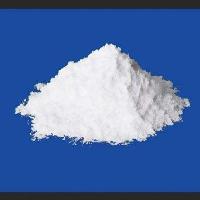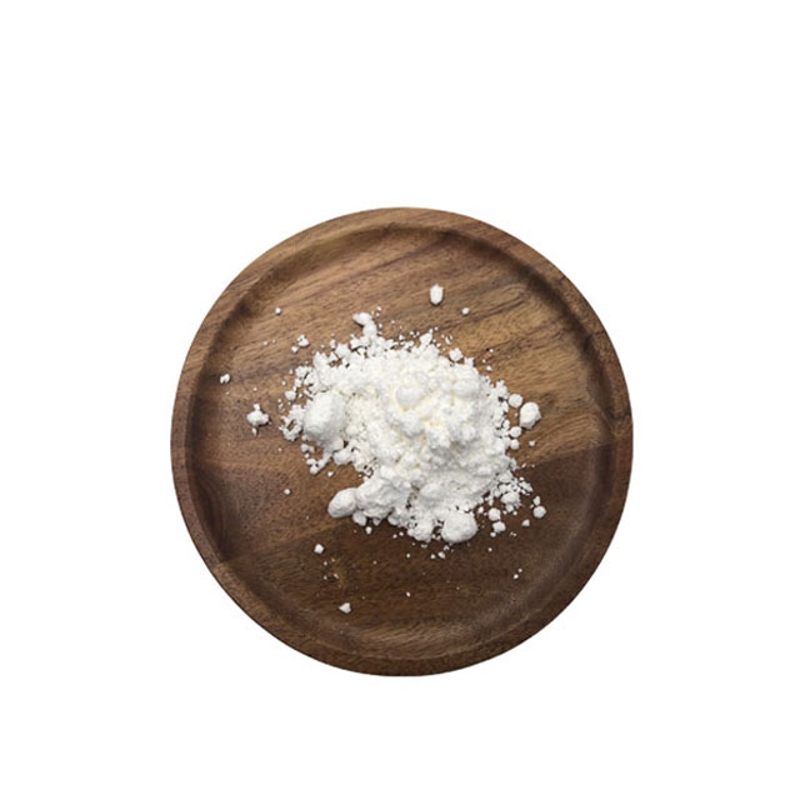-
Categories
-
Pharmaceutical Intermediates
-
Active Pharmaceutical Ingredients
-
Food Additives
- Industrial Coatings
- Agrochemicals
- Dyes and Pigments
- Surfactant
- Flavors and Fragrances
- Chemical Reagents
- Catalyst and Auxiliary
- Natural Products
- Inorganic Chemistry
-
Organic Chemistry
-
Biochemical Engineering
- Analytical Chemistry
-
Cosmetic Ingredient
- Water Treatment Chemical
-
Pharmaceutical Intermediates
Promotion
ECHEMI Mall
Wholesale
Weekly Price
Exhibition
News
-
Trade Service
Anti-PD-1 therapy (anti-PD-1 for short) can make about 30% of patients with metastatic melanoma obtain a long-term stable course; however, about two-thirds of patients are resistant and require further treatment.
This study aims to evaluate ipilimumab combined with anti-PD-1 (pembrolizumab or nivolumab) vs.
This is a multi-center, retrospective cohort study conducted in 15 melanoma centers in multiple countries, recruiting unresectable metastatic stage III or IV melanoma patients over 18 years of age to fight PD- (L)1 Tolerance (primary or acquired resistance).
From February 1, 2011 to February 6, 2020, a total of 355 patients with metastatic melanoma resistant to PD-(L)1 (nivolumab, ranked monoclonal antibody, or atuzumab) were recruited Among them, 162 (46%) patients received ipilimumab monotherapy, and 193 (54%) patients received ipilimumab combined with anti-PD-1 therapy.
Objective response rate subgroup analysis
Objective response rate subgroup analysisAt a median follow-up of 22.
At a median follow-up of 22.
Overall survival and progression-free survival
Overall survival and progression-free survivalThe overall survival and progression-free survival of the combination therapy group were also significantly longer than those of the monotherapy group (median overall survival: 20.
The overall survival and progression-free survival of the combined treatment group were also significantly longer than those of the single-agent treatment group
Adverse events
Adverse eventsThe proportion of patients who reported grade 3-5 adverse events between the two groups was similar (combination group vs single-agent group: 31% vs 33%).
Two reported grade 3-5 adverse events similar proportion of patients with immune
To sum up, in patients with melanoma who are resistant to anti-PD-(L)1 therapy, the efficacy of ipilimumab combined with anti-PD-1 therapy is significantly higher than that of ipilimumab monotherapy, which not only improves the objective remission rate, but also Both progression-free survival and overall survival were significantly prolonged .
For melanoma patients who are resistant to anti-PD-(L)1 therapy, the efficacy of ipilimumab combined with anti-PD-1 therapy is significantly higher than that of ipilimumab monotherapy, which not only improves the objective remission rate, but also improves progression-free survival For melanoma patients who are resistant to anti-PD-(L)1 treatment, the treatment period and overall survival period are significantly prolonged .
Original source:
Ines Pires da Silva, et al.
org/10.
1016/S1470-2045(21)00097-8" target="_blank" rel="noopener">Ipilimumab alone or ipilimumab plus anti-PD -1 therapy in patients with metastatic melanoma resistant to anti-PD- (L) 1 monotherapy: a multicentre, retrospective, cohort study
in this message







